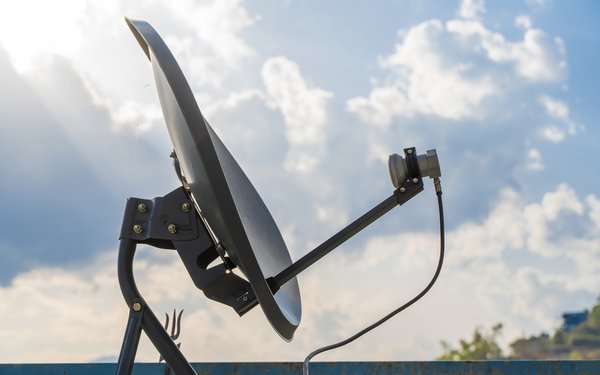
If Dish Network gets its way, local TV stations could be a
mess of trouble in this disruptive, streaming/digital world. But proponents of local TV stations say they also have prospects to do better.
Dish owner Echostar Communications is asking the FCC to
change the basic rules of “must carry” when it comes to TV stations too. Perhaps it could be called “maybe carry.”
If that extends to all legacy cable-based,
satellite-based, and telco-based pay TV operations, local TV station executives might need to hold their collective breaths.
Right now, Echostar -- the owner of Dish Network and Sling TV
-- wants to be able to carry
“alternative” broadcast network feeds as a substitute for local market TV stations.
advertisement
advertisement
Why? Local TV stations are upping distribution fees they charge to pay TV providers because
of nonstop cord-cutting.
The bottom line is advertising revenues continue to drift lower, except in those every other year political advertising periods. TV stations need to make up the
difference.
Perhaps in a less regulated marketplace, TV stations will have less wherewithal to find a secure distribution home -- linear, streaming, hybrid or otherwise.
The good/bad
news is that in a potentially deregulated market, the Trump Administration may have conceded in giving TV station groups that have been clamoring for the ability to lessen or eliminate restrictions on
TV station's ownership.
Right now it stands that no single entity can own television stations reaching more than 39% of U.S. television households. New FCC Chairman Brendan Carr wants to
loosen local television ownership restrictions.
Conversely, pay TV providers also favor a deregulated marketplace.
Dish Network is trying to work into this process where they should
have more flexibility to pick and choose the programming they want.
What will the next four years look like for programmers and distributors -- and who really has the upper hand?